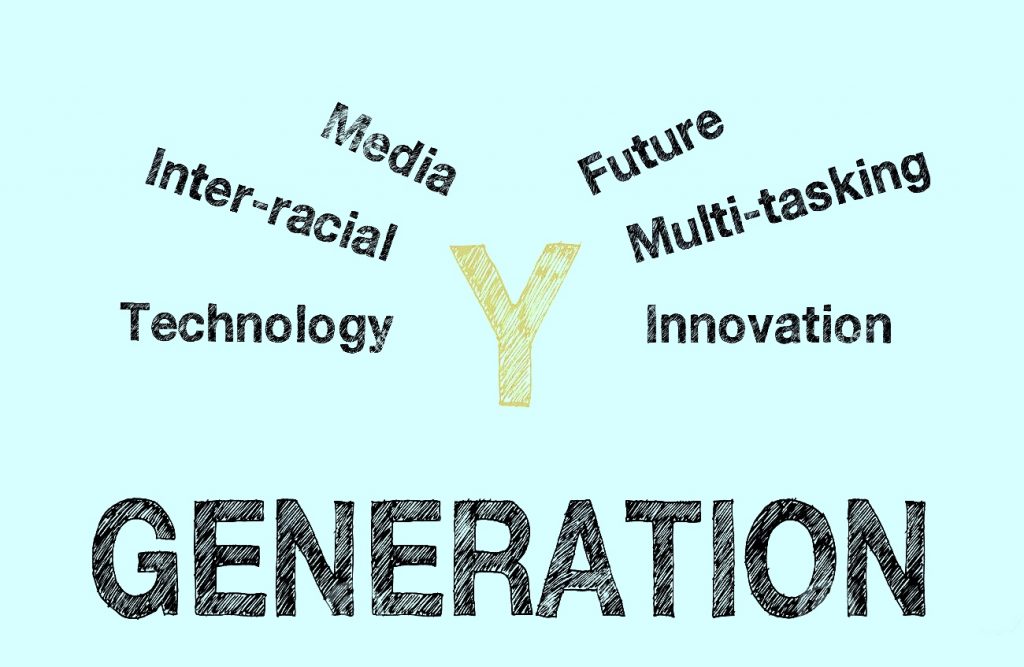Generation Y
Generation Y (also known as Millennials) are the demographic cohort following Generation X. There are no precise dates for when this cohort starts or ends; demographers and researchers typically use the early 1980s as starting birth years and the mid-1990s to early 2000s as ending birth years. Millennials, who are generally the children of baby boomers and older Gen Xers, are sometimes referred to as “Echo Boomers” due to a major surge in birth rates in the 1980s and 1990s. The 20th-century trend toward smaller families in developed countries continued, however, so the relative impact of the “baby boom echo” was generally less pronounced than the original post–World War II boom.
Millennial characteristics vary by region, depending on social and economic conditions. However, the generation is generally marked by an increased use and familiarity with communications, media, and digital technologies. In most parts of the world, their upbringing was marked by an increase in a liberal approach to politics and economics; the effects of this environment are disputed. The Great Recession has had a major impact on this generation because it has caused historically high levels of unemployment among young people, and has led to speculation about possible long-term economic and social damage to this generation.

Many companies are raising the question of how to relate to young employees, to offer them contracts that retain them and bind them to the company or institution. In fact, recent studies reveal that Millennials have a complex attitude towards work. The hard place is still a shared dream (called “millennial dream”), mainly because it allows access to a range of services and opportunities that would otherwise remain closed to: take out a loan, rent an apartment or even a contract for a new mobile phone . The desire for stability, however, combines the desire to make a career and looking for a challenging job, that values them and through which they can stand out. This desire is such that younger workers are willing to change often work if this does not meet their expectations. Many openly seeking international careers, characterized by high mobility, prestige and high salaries. Fair remuneration for their work is considered an essential aspect of career: the millennials rely heavily on their abilities and expect that their commitment is rewarded and recognized.
Generation Y will have to stop looking to the past to try to find new solutions to the challenges that the future puts them ahead and question the ability to begin to rethink those who were believed to be fixed points, against the risk of being really a lost generation. (Huffingtonpost)
